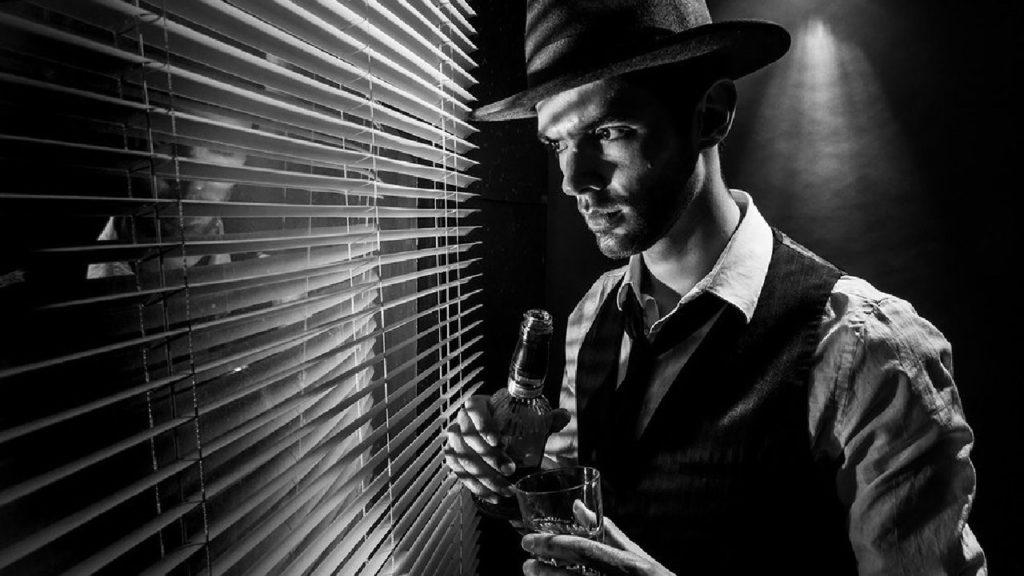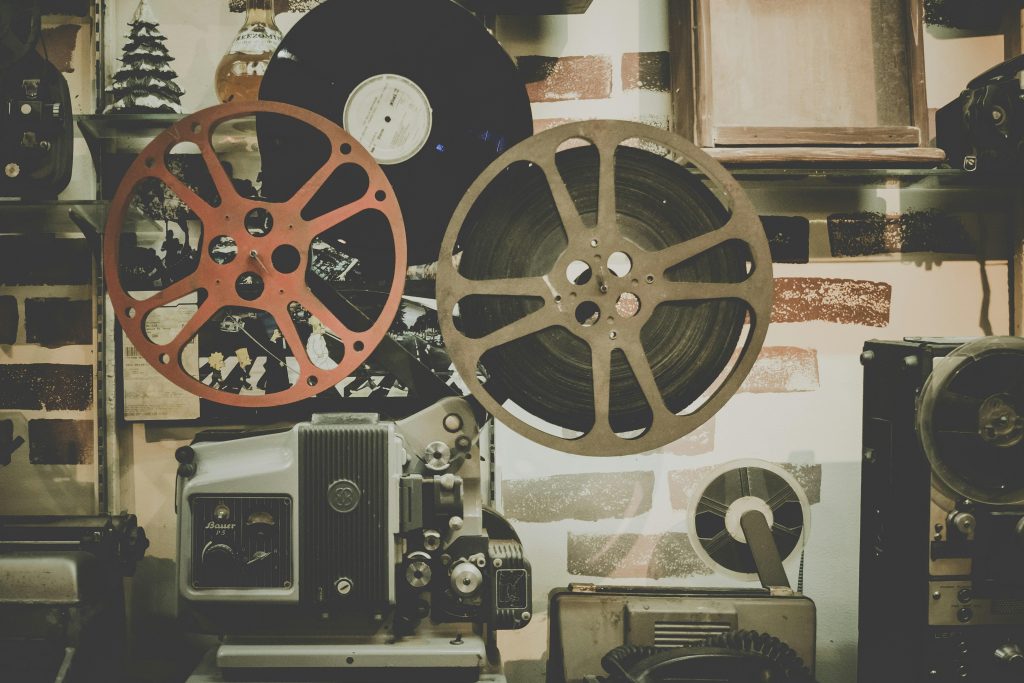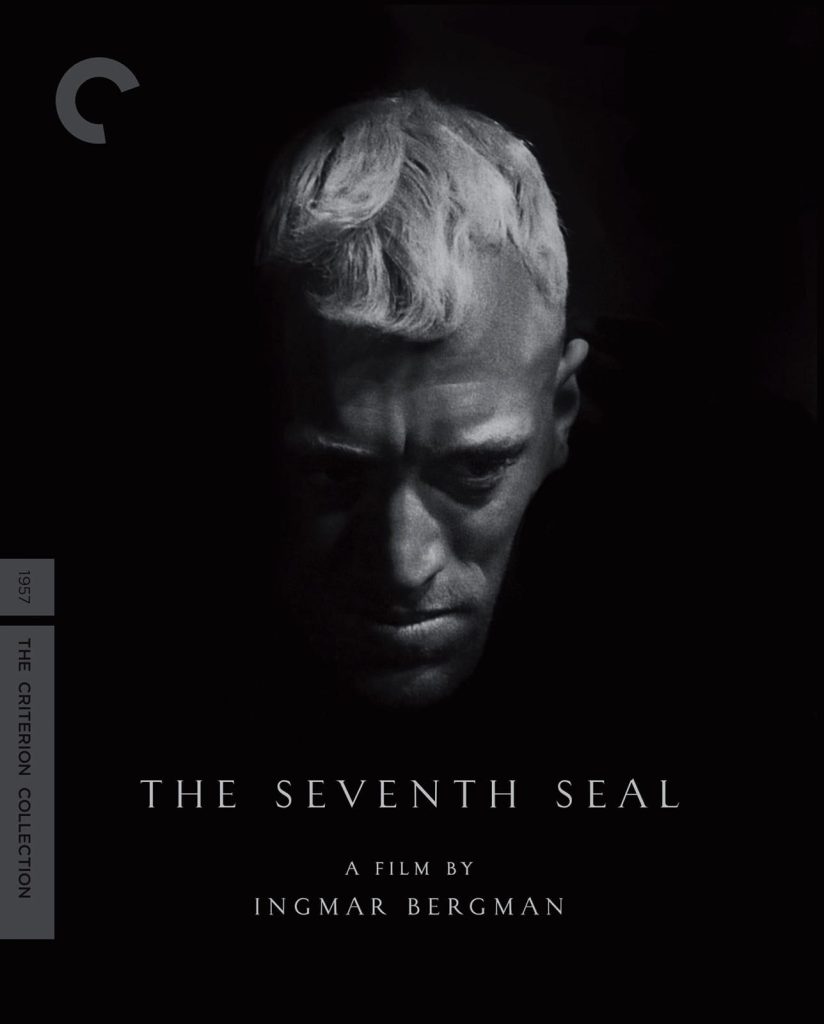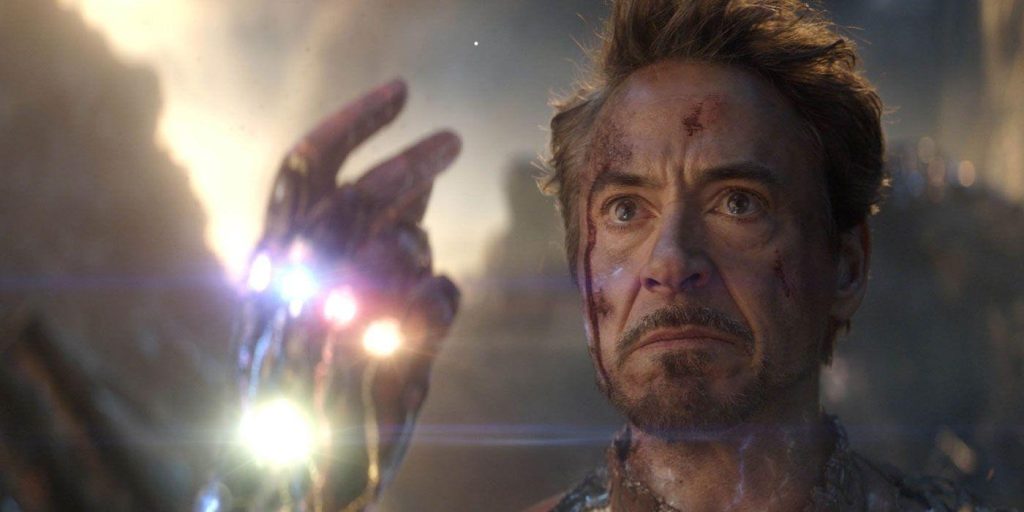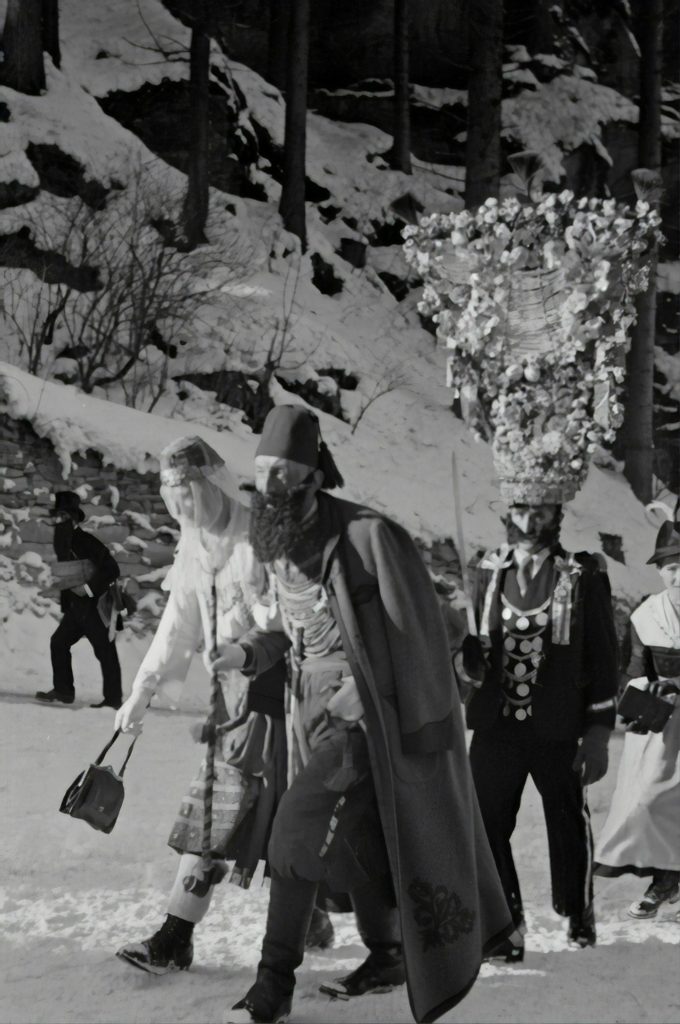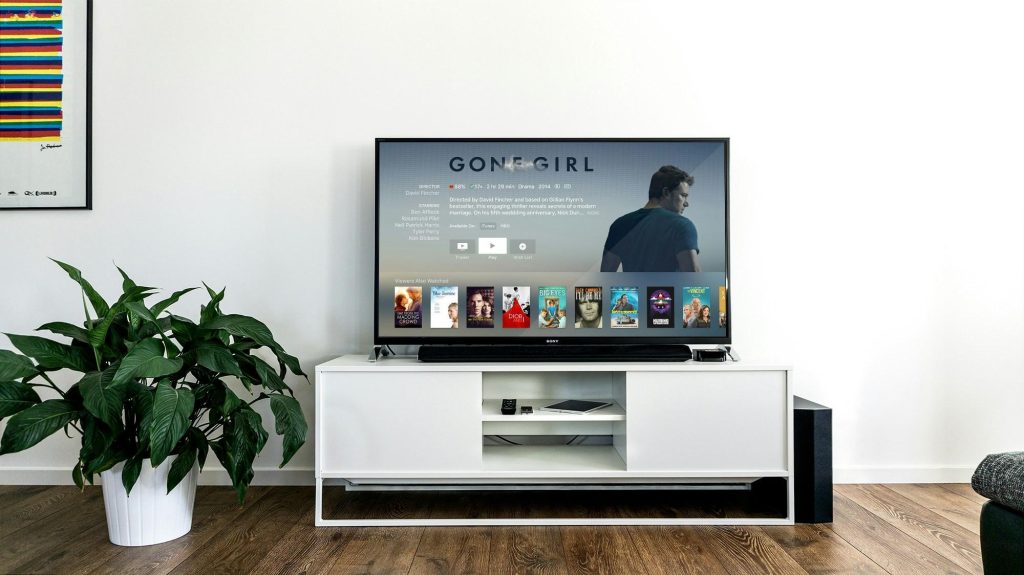In a world where streaming platforms serve as modern-day treasure troves of visual storytelling, the term “iconic” has become both ubiquitous and elusive. As we scroll through endless lists of must-watch series, one name consistently re-emerges from the digital ether: The Office. With its mockumentary style, unforgettable characters, and a comedic rhythm that feels as fresh today as it did at its 2005 debut, this show has transcended its original airwaves to become a cultural touchstone. But in an era where content is as ephemeral as a swipe on a screen, can a show like The Office still hold the weight of icon status? As we delve into the anatomy of what makes a TV show iconic, we explore whether The Office continues to resonate with new audiences, maintaining its stature amidst the ever-evolving landscape of entertainment.
Cultural Footprint of The Office in Modern Television
The legacy of The Office is profoundly etched into the fabric of modern television, leaving a cultural footprint that continues to shape comedic storytelling. This show redefined the mockumentary format, paving the way for a plethora of series that emulate its distinctive style. Humor, relatable characters, and everyday workplace dynamics are now staples in sitcoms, directly tracing their lineage back to the Scranton branch of Dunder Mifflin.
- Breaking the Fourth Wall: The use of direct camera addresses has become a hallmark in many contemporary shows, allowing characters to build an intimate connection with audiences.
- Character Development: Deeply layered characters, who evolve over time, have become a blueprint for engaging storytelling.
- Workplace Comedies: The success of The Office has inspired a surge in shows set in professional environments, reflecting both the mundane and the absurdity of office life.
In a world where streaming services bombard viewers with new content daily, the enduring charm of The Office reminds us that its influence is not only historic but also ongoing. Its ability to resonate with audiences even years after its finale underscores its iconic status in the ever-evolving landscape of television.

Evolving Comedy Standards and Their Impact on Iconic Status
The landscape of comedy is an ever-shifting terrain, influenced by societal changes and evolving audience sensibilities. As a result, what was once considered humorous and groundbreaking may not always resonate with contemporary viewers. TV shows like “The Office,” which gained massive popularity in the 2000s, are now being re-evaluated through the lens of modern comedy standards. This shift raises questions about their continued iconic status. While some aspects of these shows remain timeless, others might appear outdated or even problematic to today’s audiences.
Several factors contribute to this re-evaluation:
- The rise of social awareness and sensitivity to issues such as diversity and representation.
- Changing comedic tastes that lean towards more inclusive and less stereotypical humor.
- The influence of digital platforms that introduce audiences to a wider array of comedic voices and styles.
Despite these changes, the nostalgic charm and the unique storytelling techniques of shows like “The Office” still hold a special place in the hearts of many fans. They continue to be referenced and celebrated, albeit with a more critical eye, highlighting the delicate balance between reverence for classic comedy and the need for progression.

Nostalgia vs. Contemporary Relevance in TV Show Legacy
When dissecting the legacy of TV shows, it’s crucial to weigh the nostalgic charm they hold against their contemporary relevance. Shows like The Office often evoke a warm sense of nostalgia for viewers who watched them during their original run, sparking memories of shared laughter and iconic catchphrases. This nostalgia can be a powerful force, preserving a show’s status as “iconic” in the collective memory. However, does nostalgia alone suffice to maintain this status in today’s rapidly evolving entertainment landscape?
In contrast, contemporary relevance demands that these shows continue to resonate with new audiences and adapt to changing cultural contexts. The Office, for instance, must navigate the following to remain iconic:
- Relatability: Can the humor and situations depicted still connect with today’s viewers?
- Cultural Sensitivity: Do the jokes and storylines hold up under modern scrutiny, or do they require a nuanced understanding of their time?
- Influence on Modern Shows: Does the show’s style or format continue to inspire current television programming?
Ultimately, the balance between nostalgia and contemporary relevance determines whether a show like The Office can continue to be celebrated as iconic in today’s world.

Recommendations for Cultivating Timeless Appeal in Comedy Series
To craft a comedy series that resonates across generations, creators should focus on universal themes and relatable characters. The charm of shows like The Office lies in their ability to capture the mundane and elevate it to the absurd, making even the most trivial workplace interactions feel monumental. Emphasizing genuine character development and authentic dialogue helps maintain a connection with audiences, regardless of the era. Humor that draws from shared human experiences rather than transient cultural references ensures a lasting impact.
- Embrace Diversity: Incorporating a wide range of perspectives and backgrounds enriches storytelling and broadens appeal.
- Focus on Character Dynamics: Memorable relationships between characters can create emotional investment and loyalty from viewers.
- Timeless Humor: Balancing clever wit with slapstick comedy can cater to different tastes and age groups.
- Innovative Storytelling: Experimenting with formats, such as mockumentary or anthology styles, can set a show apart.
Ultimately, the key to crafting a comedy series with timeless appeal lies in its ability to adapt while staying true to its core identity. By fostering inclusive narratives and enduring humor, a series can remain iconic in the ever-evolving landscape of television entertainment.


